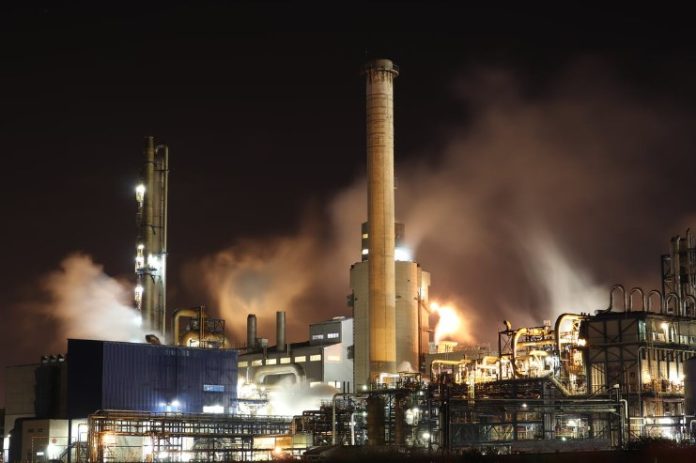Romania continues to base its energy transition plans on a massive increase in fossil fuel consumption, through new thermal power plant projects, fossil gas distribution networks, and also new facilities, which will lead to an increase in carbon emissions, as well as dependence on fossil gas, environmental organisations have warned in a letter to the Ministry of Energy.
According to the document, signed by the 2Celsius Association and the organisations WWF-Romania, Declic and Bankwatch, Romania’s Energy Strategy 2025 – 2035 sets a low renewable energy target of 36% by 2030.
„The organisations are calling for a reduction in planned fossil gas-based usage and more ambition in terms of renewable energy, efforts to decrease gas consumption along with investments in energy efficiency. The strategy sets a low renewable energy target of 36% by 2030,” according to the letter.
The organisations mention that the European Commission has recommenced an energy target of at least 41% by 2030.
„Romania still has many opportunities to introduce renewable energy in the heating-cooling sector, as well as in electricity production and transmission, if part of the planned gas usage is given up and more emphasis is placed on the modernisation of grids and storage.”
The environmental activists call for the introduction of a sub-target for accelerating renewable energy projects and inter-institutional collaboration. At the same time, they mentioned the need to give up destructive hydropower investments, for which the strategy itself is a reminder that Romania has reached and exceeded its sustainability limit.
They would rather support the promotion of the refurbishment of hydropower plants and pumped storage in low-impact locations.
„Although the strategy integrates storage, digitisation of networks and consumer involvement, for some of these initiatives it does not set forth concrete targets or necessary legislative measures – a simple example would be the adoption of smart meters. Amid the energy transition, a different energy governance and the designation of a relevant authority are necessary, as well as the adoption of a climate law to ensure the integration of energy and climate change.”
The NGOs also request clarifications and specific measures regarding heating and cooling, including the role of renewable resources and the share of fossil gas in the future.
They are recommending diversifying the energy mix with heat pumps and solar energy and adopting renewable energy technologies at community level and reducing the role of solid biomass, along with financial schemes for vulnerable communities dependent on firewood.
„Although more emphasis is placed on prosumers, with the target of 2.5 GW installed in 2030, the energy strategy does not set clear targets for the creation of energy communities and the reduction of energy poverty by 2030. Therefore, among the recommendations are coming up with concrete indicators and financial incentives, such as energy efficiency programmes and changing district heating sources for the protection of vulnerable consumers. Environmental organisations have asked the authorities that energy subsidies be directed exclusively to vulnerable consumers and that the process be transparent, in order to ensure equitable access to energy.”
In addition, the associations point to the need for a more transparent and participatory approach in regulatory processes in order to successfully implement the proposed energy strategy and to make sure the public and stakeholders are getting involved.
An updated version of the draft „Romania’s Energy Strategy 2025-2035 toward 2050” is available on the website of the Ministry of Energy, in the section transparency and integrity – decision-making transparency.
The public consultation process on the energy strategy took place between June 14 and July 13, 2024, and a debate with interested parties was held on July 3 at the headquarters of the National Institute of Statistics (INS).
During the consultation period, 48 written points of view were received from interested actors, with hundreds of specific suggestions. Also, during that period, inter-institutional consultation was carried out, so that the Ministry of Energy could benefit from the points of view of the other relevant public bodies.
AGERPRES




